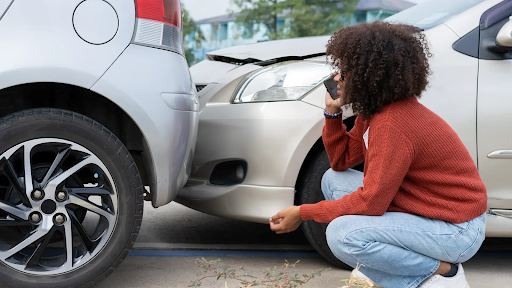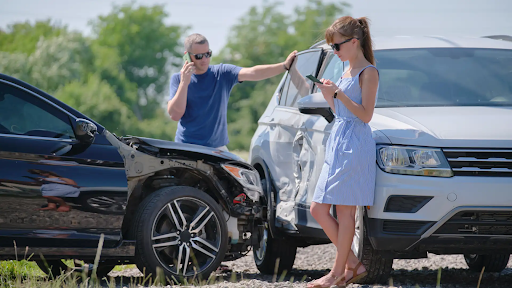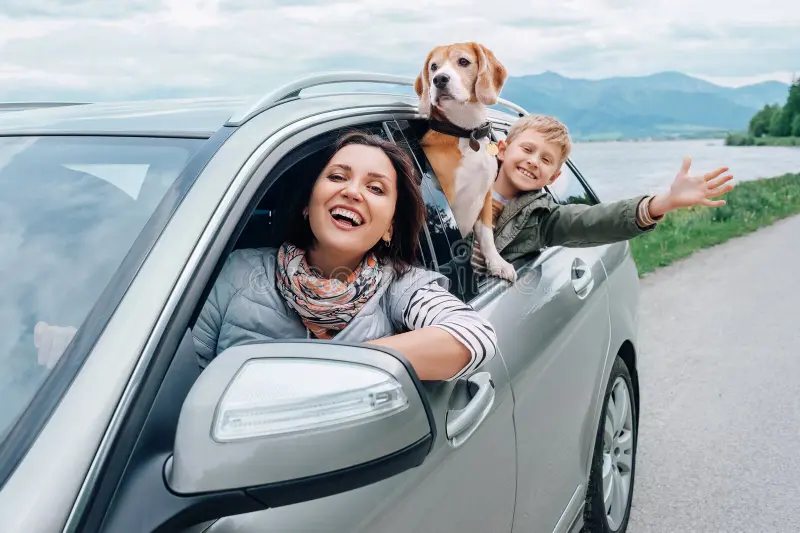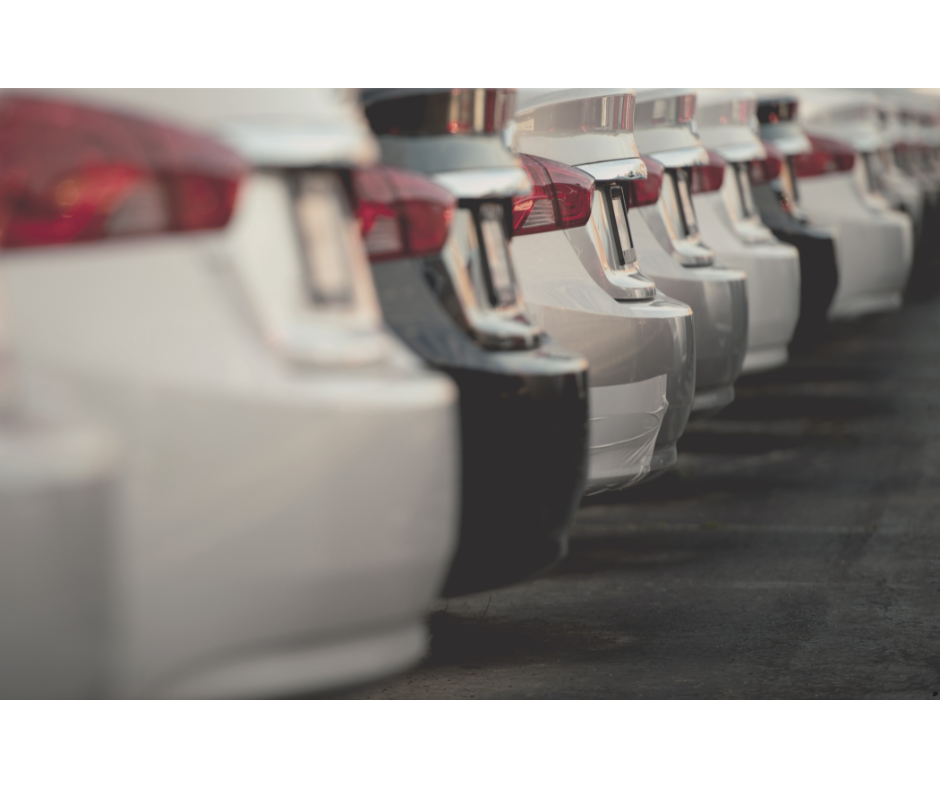
What to do After a Minor Car Accident: Our Step-by-Step Guide
Whether someone dinged your sport car or you’ve given the driver ahead of you a bit of a nudge, accidents happen. While nobody plans to get into a crash, what you can do is plan how you’ll respond. To ensure you keep a cool head during a crash, we’ve created a step-by-step guide on what to do after a minor car accident.
Step 1: Stop and Assess the Situation
In New Zealand, stopping after an accident is legally required. Whether it’s a minor fender bender or a full-on collision, you must stop and assess the situation for damage or injuries. Failing to comply may result in a hit-and-run offence, leading to potential charges.
If you’ve damaged someone else’s property or vehicle, it’s mandatory by law to inform the owner as soon as possible but no later than 48 hours after the accident. If you can’t locate the owner, promptly notify a police officer within 60 hours of the collision.
Step 2: Ensure Everyone’s Wellbeing
After a minor car accident, it is crucial to prioritise the wellbeing of all parties involved; this includes checking on yourself, your passengers, occupants of other vehicles, and anyone else present at the scene. While a few bumps and bruises likely won’t require immediate attention, call emergency services as soon as possible if the injuries are more severe.
When uncertain about the extent of someone’s injuries, be cautious and seek medical help. Injuries such as neck pain, back pain, or even concussion aren’t always obvious at first and may manifest hours after the accident.
Step 3: Turn off Your Vehicle and Clear the Road
Once the accident has occurred, ensure all involved drivers turn off their vehicle’s ignition. Turning off the vehicles prevents unexpected movement and potential overheating if the cars are damaged. If the vehicles are obstructing traffic and it is safe to do so, move them off the road and into a safer area.
However, if there is a dispute regarding fault or responsibility, leave the vehicles in their original positions. The placement of the cars can assist the police in determining liability, and insurance companies may require this information as well. If you cannot move the vehicles, immediately contact the police and request their presence at the scene.

Step 4: Call the Police
While some believe contacting the police is necessary only for significant accidents, it is crucial to notify them after ANY accident. Calling the police is particularly important if the other driver attempts to dissuade you from involving the authorities or filing a claim. Allowing them to do so opens the door for potential denials that the accident occurred or was your fault. By involving the police, it becomes more challenging for them to evade responsibility. Therefore, it is advisable to immediately call 111 and allow the calm and experienced presence of the police to take charge of the situation.
Step 5: Gather Pertinent Details
After a minor car accident, ensure you’ve exchanged all relevant information with the other drivers. Even if both vehicles look largely untouched, it’s always best to jot down their details just in case. Often, underlying damages requiring repairs can surface later, which may need to be covered by the responsible party or their insurance company.
Ensure you exchange the following details with the other drivers:
- Full Name
- Phone Number
- Vehicle Registration Number (Licence Plate Number)
- Insurance Company Name
If an uninsured driver has hit your vehicle, request their details, including their name and driver’s license number. Additionally, note the vehicle details, such as make, model, colour, and registration number.
Step 6: Capture Visual Evidence
These days you’ll be hard-pressed to find someone that isn’t carrying a phone on them, which comes in handy when you need to take photos of the accident. Take pictures of your vehicle, the other vehicles involved, and any damaged property. Ensure you capture close-up and wide-angle shots of the damages to provide a comprehensive view of the collision. It’s always better to have too many photos than not enough.
Be Prepared on the Roads with Portage Cars
It’s better to be over-prepared than under-prepared; this sentiment couldn’t ring any truer for car accidents. With our guide on what to do after a minor car accident, you know you’ll be prepared for anything.
If your last accident was more than minor and you need a new ride, explore our range of cars for sale online. Portage Cars have the ideal car for you, from hatchback cars to reliable wagons.


